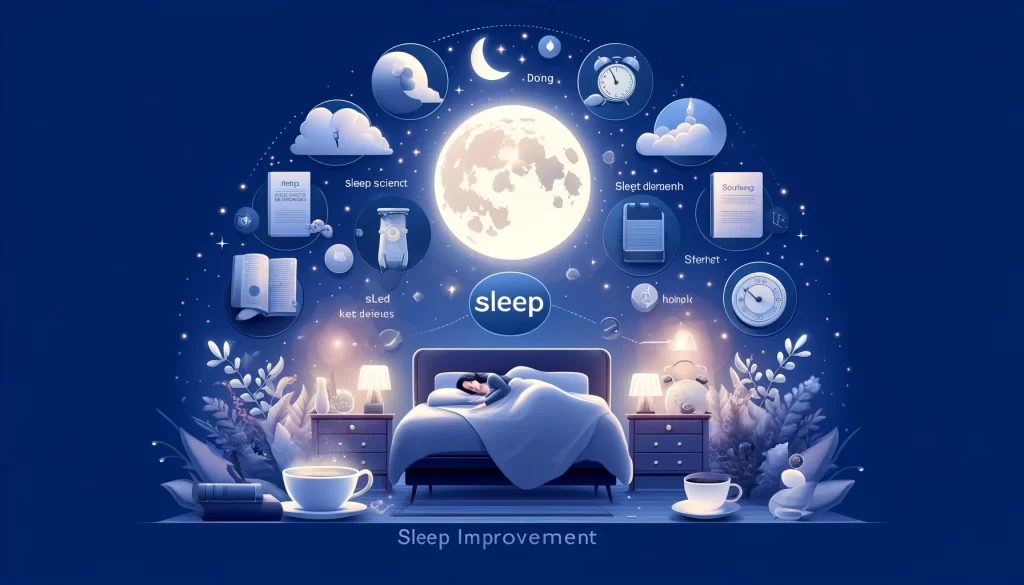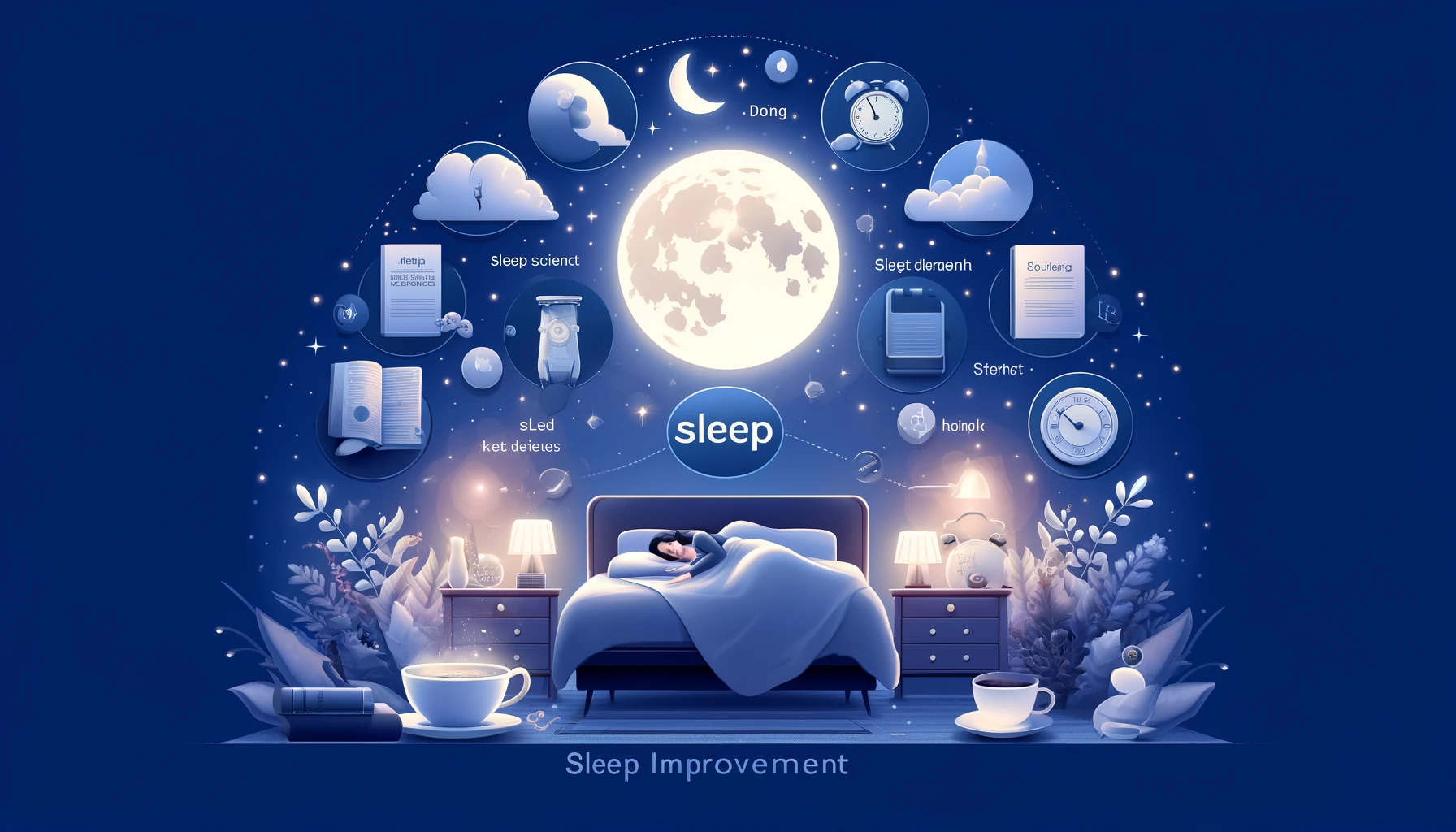Understanding and improving sleep has become a cornerstone of modern health science, with numerous studies emphasizing its critical role in our overall wellbeing. This comprehensive guide explores the science of sleep and provides practical tips to enhance your nightly routine, helping you achieve better and more restorative rest.
Understanding the Science of Sleep
Sleep is a complex biological process that helps us recover from the mental and physical exertions of the day. During sleep, our bodies undergo various phases, each critical for different aspects of health and recovery. The science of sleep is dedicated to unraveling these processes to better understand how we can improve our sleep quality.
The Importance of Sleep
- Physical Health: Sleep is crucial for the repair of the heart and blood vessels. It also plays a key role in balancing hormones that manage appetite, growth, and stress.
- Mental Health: Adequate sleep helps with learning, memory retention, and maintaining emotional balance.
- Performance and Safety: Sleep deficiency severely impacts your ability to drive safely and increases the risk of errors at work.
How to Improve Sleep Quality
- Consistent Sleep Schedule: Going to bed and waking up at the same time each day sets your body’s internal clock to expect sleep at a certain time night after night.
- Optimize Your Sleep Environment: A quiet, dark, and cool environment can help promote sound slumber. Use blackout curtains, eye shades, earplugs, and other devices to create an ideal sleep environment.
- Mind Your Diet: Avoid heavy meals, caffeine, and alcohol before bedtime as they can disrupt sleep.
Advanced Tips for Better Sleep
- Control Exposure to Light: Melatonin, a naturally occurring hormone controlled by light exposure, helps regulate sleep-wake cycles. Exposure to natural light during the day and reducing blue light exposure from screens in the evening can help adjust your body’s melatonin production.
- Exercise Regularly: Physical activity can help you fall asleep faster and enjoy deeper sleep—but don’t exercise too close to bedtime.
- Manage Worries: Try to resolve your worries or concerns before bedtime. Jotting down what’s on your mind and then setting it aside for tomorrow can help clear your mind.

Leveraging Technology for Better Sleep
Innovations like sleep trackers can help you understand your sleep patterns and needs. Apps that regulate sleep patterns, guided meditation, or controlled exposure to light can also play a significant role in improving sleep.
The Role of Sleep in Disease Prevention
Research shows that good sleep can help prevent the onset of many diseases, from heart disease to diabetes, and can improve the immune system’s ability to fight infections.
Personal Stories and Testimonials
Many people have transformed their lives by taking control of their sleep, reporting improved mood, sharper brain function, and better health outcomes.
Conclusion: Taking Sleep Seriously
Sleep is as critical as diet and exercise for health, yet it often takes a backseat in our busy lives. By understanding the science of sleep and employing practical tips, you can significantly improve your sleep quality, and in turn, your overall health.

